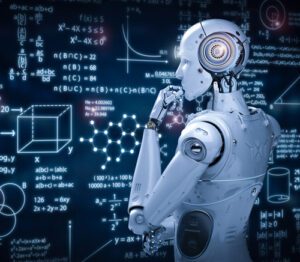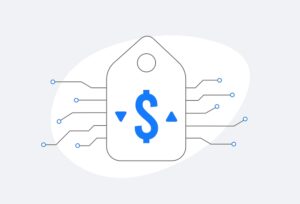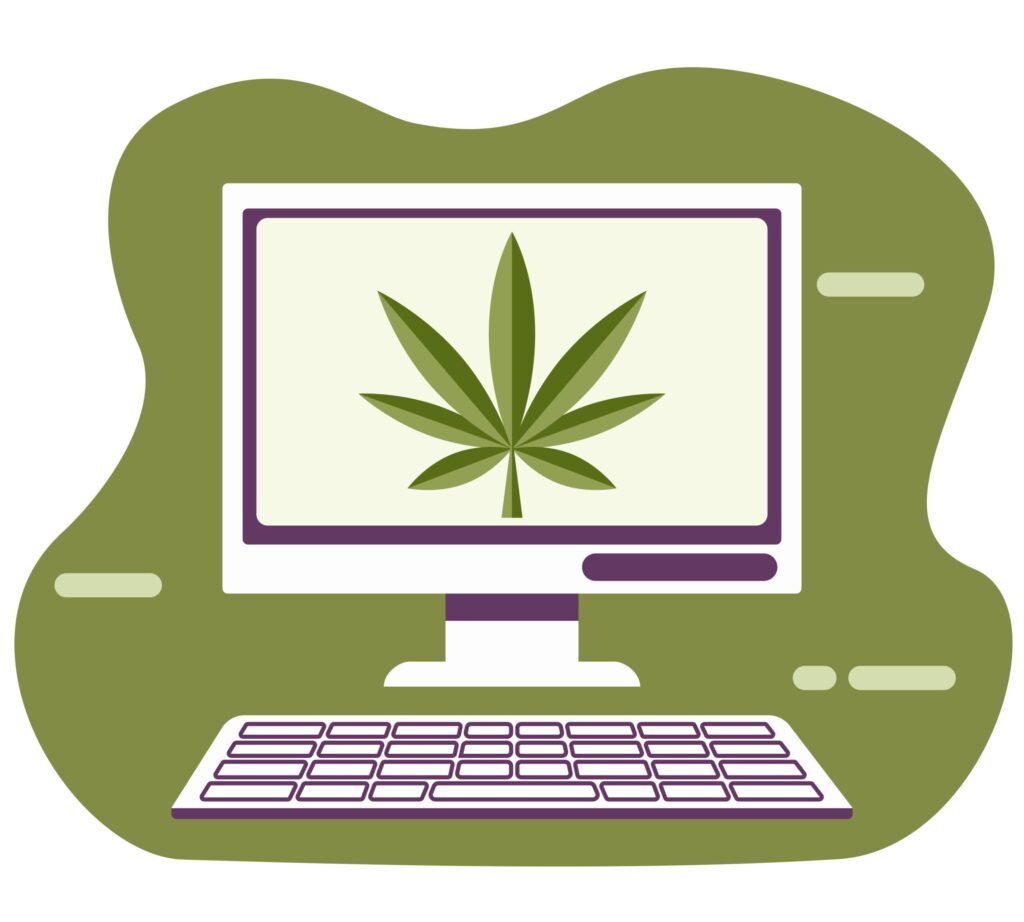 Advances in machine learning and AI are revolutionizing all aspects of business and industry, but most marketers have only scratched the surface of the potential applications of this technology.
Advances in machine learning and AI are revolutionizing all aspects of business and industry, but most marketers have only scratched the surface of the potential applications of this technology.
In the U.S. alone, there are over 300 million potential consumers. Multiply that by the number of possible branded products in a given category, considering all different variants and configurations that are available for purchase. Then, think about how those purchase decisions are affected by previous brand interactions, time of day, weather, type of device, personal preferences, language, sentiment and more.
There is no way a person could access all of these variables, integrate them into actionable insights and roll out any activity in real-time. For this, marketers rely on big data analysis to connect the dots. And for real-time, targeted, efficient activities, marketers rely on AI and machine learning.
Artificial intelligence and its applications in machine learning can help a marketing team to control costs, micro-target consumers, conduct accurate demand forecasting, achieve actionable insights and measurable ROI, and eliminate waste in online and offline spend.
While people tend to use the terms machine learning and artificial intelligence interchangeably, there are distinct differences between the two. AI is the study of making machines that are inquisitive, that learn from their environment, and become capable of near-human problem solving. Machine learning is an application of AI that provides a system that can review data and improve itself without being explicitly instructed to do so.
Machine learning in marketing refers to those applications that can review relevant data—perhaps with an emphasis on marketing spend and ROI, or consumer behaviors—and draw actionable insights for marketers from that data.
You May Also Enjoy:
- The Case for investing in AI in Advertising
- How AI Is Poised to Disrupt Affiliate Advertising
- AI Could Drive Double Digit Growth: Report/a>
AI and machine learning can help eliminate marketing waste, by allowing micro-targeting of those consumers most open to conversion and follow-on purchasing, as well as by assisting marketers to determine the ideal offer and type for maximum effectiveness. Marketers can achieve real-time responsiveness, as a system that runs mostly automatically can make retargeting decisions and structure dynamic content on the spot, in response to customer behaviors.
Predictive analytics and forecasting is a crucial part of big data and machine learning for marketing. Demand forecasting has already been a focus of marketers, using trend analysis and purchase patterns to predict future behaviors. However, when machine learning is applied to predict purchase preferences, marketers can accurately determine a purchase window and more effectively target individual consumers.
The ability to determine the ideal offer for a particular customer would give a company a substantial competitive advantage, by ensuring that they aren’t subsidizing offers at a higher-than-required level. Why make a 30% off deal when 10% would work just as well for that customer?
This always-optimizing dataset helps brands connect the dots between digital engagement and sales. There are also other benefits:
Reduced costs. Automated tasks that are ‘set-and-forget’ reduce investments in employee time and resources that marketers could better apply to strategic objectives. The entire team can become more productive and efficient. Companies can eliminate waste that occurs naturally as the result of mass marketing by customizing each offer to the minimum amount to influence purchasing decisions.
Streamlining marketing efforts. With machine learning, companies can apply customer behavioral data to accurately predict which segments of the population are most likely to become customers. This activity goes beyond traditional data analytics because machine learning algorithms can incorporate results of marketing efforts and use them to improve strategic decisions in future endeavors. Marketing departments can streamline campaigns, using micro-targeting results from machine learning programs to focus on those customers that are most likely to be affected, without wasting effort and resources on less likely candidates.
Advanced personalization. The Boston Consulting Group measured a 6-10% increase in revenue for those companies that have incorporated personalization tactics in their marketing. They also predict that over the next five years, there will be a significant shift in revenue from the companies that personalize poorly, or not at all, toward the small percentage of companies that get it right.
Barriers to personalization include poor data quality, omnichannel integration, complex execution, and inability to measure ROI. Machine learning can help tear down each of these barriers to success: by automatically gathering and analyzing high-quality customer data, providing actionable insights, and automatically executing personalized interactions with dynamic content. Data collected in the machine learning process can give marketers an accurate measurement of ROI, which can be used to maximize the effectiveness of marketing spend.
Greg Hansen is CTO of RevTrax.




 Network
Network

